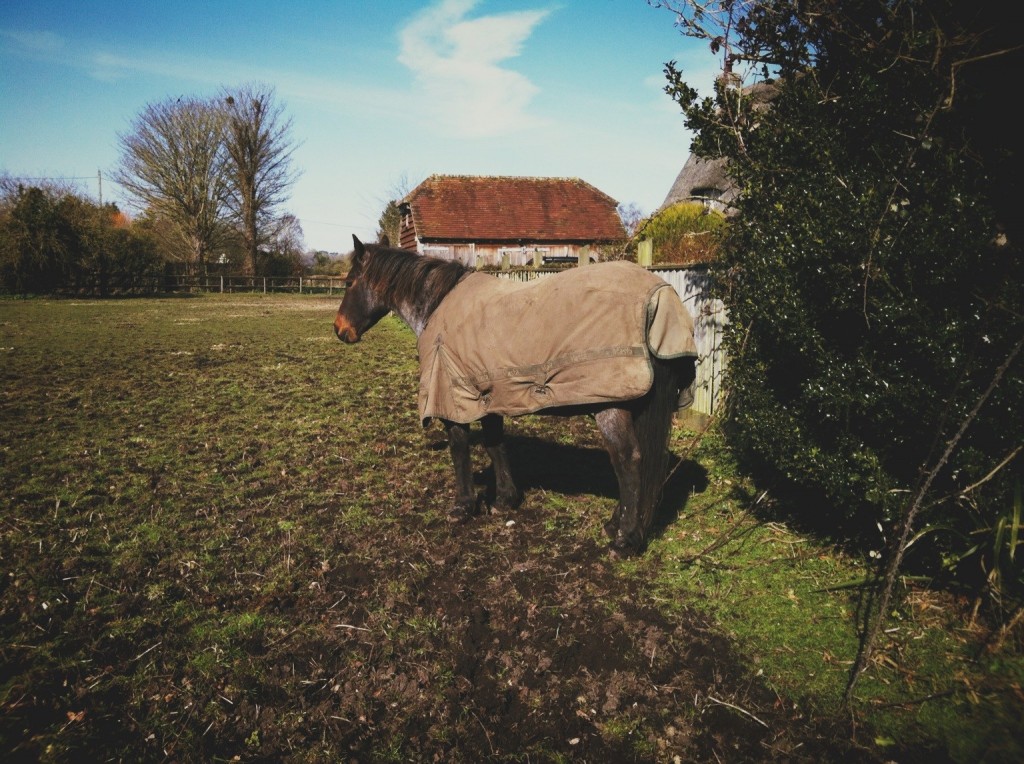Facebook is a company that engages in unethical behaviour. Its ubiquity and its necessity for many people’s social lives undermines people’s ability to meaningfully grant or withhold their consent to its policies.
I take no pride in seeing this coming in 2010, and I have refused to use any of their services consistently since.
So I was surprised, to say the least, when I sent a link over iMessage that I knew would be unique, but saw a request being made for it by the facebookexternalhit/1.1 bot user agent. This URL should not have ever been seen by anyone but me and the recipient. I took the time to verify that the only access to this URL was by myself and the recipient.
“GET /some-secret-url HTTP/1.1” 200 – “” “Mozilla/5.0 (Macintosh; Intel Mac OS X 10_11_1) AppleWebKit/601.2.4 (KHTML, like Gecko) Version/9.0.1 Safari/601.2.4 facebookexternalhit/1.1 Facebot Short-Form “Bird” Social Media Site Before It Went Terriblebot/1.0″
It turned out that the facebookexternalhit/1.1 request (also identifying as Short-Form “Bird” Social Media Site Before It Went Terriblebot!) was issued by the same IP address that I had. How could I be a Facebook/Short-Form “Bird” Social Media Site Before It Went Terrible bot? How could it be that some Facebook code was running in my network? (I’m pretty particular in blocking large numbers of domains relating to Facebook properties.)

It turns out that this message preview in iMessage seems to make a request for the URL using this user agent string. It doesn’t identify itself as iMessage in the user agent string at all!
I’m satisfied that I answered the question — and indeed I understand the nature of user agent strings and how everybody pretends to be something else for compatibility. I expect a service to add to the user agent string, though. Chrome pretends to be Safari, which pretends to be “like Gecko”, which pretends to be “Mozilla/5.0”.
So why can’t iMessage add “iMessageLinkPreview/1.0” or something to the user agent string?

